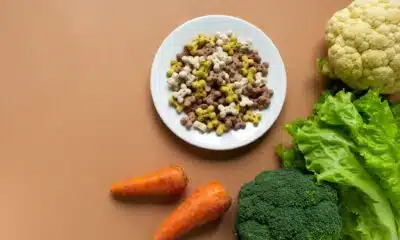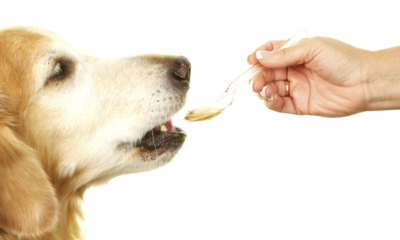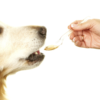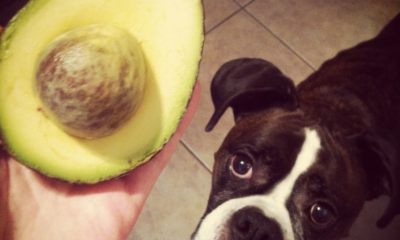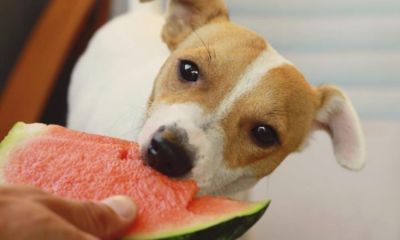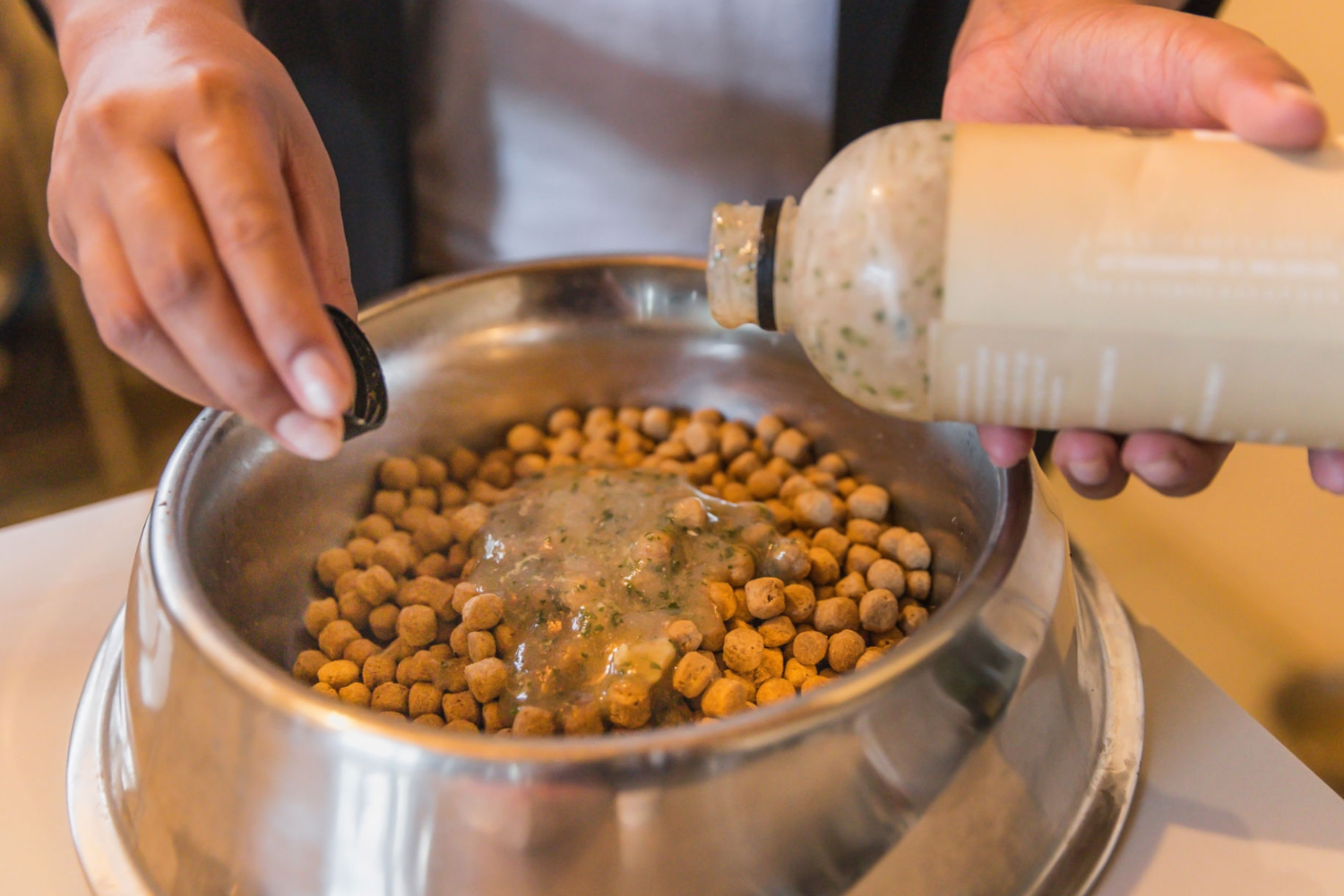

More in Food and Nutrition
-
Food and Nutrition
Vegetarian Diet for Dogs: A Comprehensive Guide
Are you considering feeding your adult dog a vegetarian diet? Many pet owners make this decision...
-
Food and Nutrition
The Importance of Natural Balance Vegetarian Dog Food
As pet owners, we all want to give our animal companions the greatest nutrition possible. In...
-
Food and Nutrition
Homemade Vegan Dog Food: A Comprehensive Guide
As a pet owner, you want to provide your doggo with the greatest nutrition available. Homemade vegan...
-
Food and Nutrition
Why Your Dog Needs Antioxidants and How You Can Provide Them
Antioxidants are one of the best supplements you can give your dog, especially as they get...
-
Food and Nutrition
The 6 Essential Nutrients Your Dog Needs for a Healthy Coat and Skin
Your dog’s coat and skin are often the first things you notice about them, which is...
-
Food and Nutrition
The Top 5 Nutritional Needs of Pregnant and Nursing Dogs
The nutritional needs of dogs change dramatically during pregnancy and nursing. It’s easy to meet these...
-
Food and Nutrition
Chicken: The Complete Protein Source For Your Dog
Chicken is an excellent and complete source of protein because it is a natural source of...
-
Food and Nutrition
How To Choose The Right Diet and Nutrition For Small Breed Dogs
Your Tiny Dog has Big Nutritional Needs! Small breed dogs need smaller, calorie-dense meals rich in...
-
Food and Nutrition
21 People Foods That Are Toxic For Your Dog
Dogs love to eat whatever their humans are eating. However, some of the human foods that...
-
Food and Nutrition
25 People Foods That Are Safe and Healthy For Your Dog
Sometimes it's hard to resist those puppy eyes as your doggo begs to share some of...




